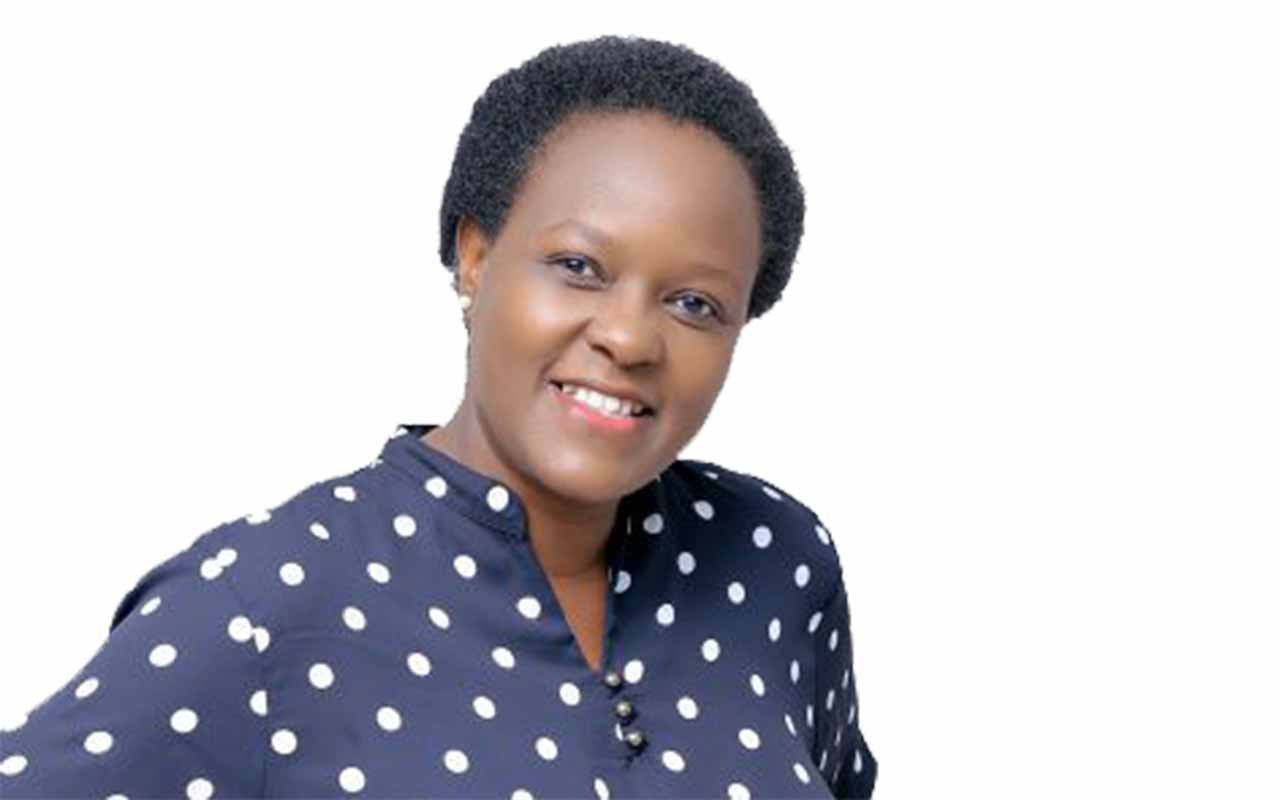Remembering John F Kennedy’s inaugural address – Part II
What you need to know:
Impact. Kennedy was assassinated in Dallas, Texas, on November 22, 1963. I was 16 years old and in Senior Three at Sir Samuel Baker School, Gulu. We felt as if a dear uncle or close relative had been brutally killed by evil and violent men. Such was his impact on us that Kennedy’s legacy lives on.
After his remarks to Third World countries, former US president John F Kennedy addressed “our sister republics south of our border” and told them, “we offer a special pledge: to convert our good words into deeds in a new alliance for progress, to assist free men and free governments in casting off the chains of poverty, but this peaceful revolution of hope cannot become the prey of hostile powers.”
In a veiled reference to Cuba and Fidel Castro’s two-year-old regime and its ally, USSR, Kennedy said, “Let all our neighbours know that we shall join with them to oppose aggression or subversion anywhere in the Americas. And let every other power know that this hemisphere intends to remain the master of its own house.”
The battle lines were thus drawn on January 20, 1961, for the “Bay of Pigs” fiasco which took place later in 1961 and for the more serious “Cuban Missile Crisis” of October 1962.
In 1961, the UN secretary general was a renowned Swedish diplomat called Dag Hammarskjold who is rated by many scholars as the best head of the UN secretariat, followed by our own Kofi Annan. Hammarskjold was so committed and dedicated to the United Nations and its ideals that he managed to antagonise both superpowers, USA and USSR, in his tenure as secretary general, a rare feat during the cold war between capitalism and communism.
Of the UN, Kennedy said: “To that world assembly of sovereign states, the United Nations, we renew our pledge of support, to prevent it from becoming merely a forum for invective, to strengthen its shield of the new and the weak, and to enlarge the area in which its writ may run.”
“Finally, to those nations who would make themselves our adversary, we offer not a pledge but a request; that both sides begin anew the quest for peace,” and he added that civility is not a sign of weakness and sincerity is always subject to proof.
Kennedy appealed for unity of both sides in the cold war and invoked prophet Isaiah’s ancient command to “undo the heavy burdens and let the oppressed go free” which, I am sure, would sound like sweet music in the ears of most Africans, including Ugandans.
In conclusion, Kennedy went back to his domestic audience and made an appeal which is often quoted by politicians: “And so, my fellow Americans, ask not what your country can do for you; ask what you can do for your country.”
To the international community he said, “My fellow citizens of the world; ask not what America will do for you, but what together we can do for the freedom of man.”
In September 1961, while on a peace mission to the DRC, Dag Hammarskjold died in a plane crash at the DRC/Zambia border, near Ndola, under mysterious circumstances. Many believe he was assassinated by CIA or KGB agents. Hammarskjold remains a hero for all of us who are committed to world peace and security, human brotherhood and international cooperation among all nations. May his soul rest in eternal peace!
On October 9, 2012, Uganda marked the 50th anniversary of her independence, an auspicious occasion for a national leader to make a great speech to inspire the nation, as Kennedy did on January 20, 1961, especially to inspire and give hope to the young and restless population of our country who are desperately longing for clean, good and effective leadership.
What Ugandans heard on that historic day from the head of state was a lacklustre and empty rhetoric laced with foul language and insults aimed at some of Uganda’s development partners.
Kennedy was assassinated in Dallas, Texas, on November 22, 1963. I was 16 years old and in Senior Three at Sir Samuel Baker School, Gulu. We felt as if a dear uncle or close relative had been brutally killed by evil and violent men. Such was his impact on us that Kennedy’s legacy lives on, not only in America, but also in Uganda and many African countries.




